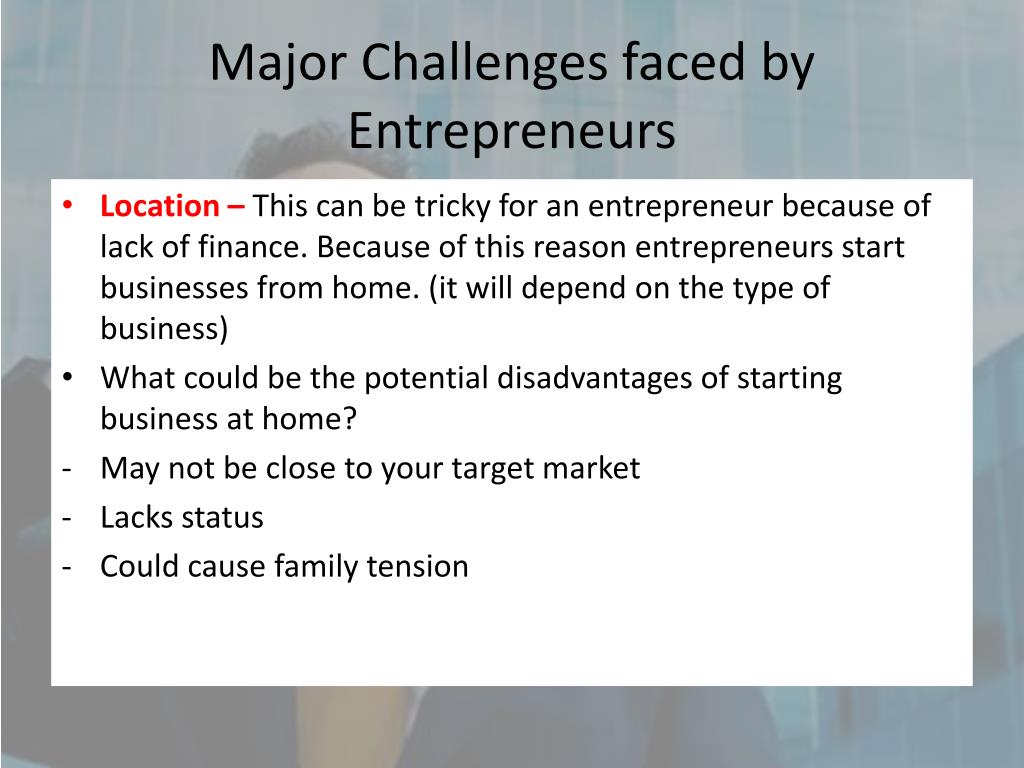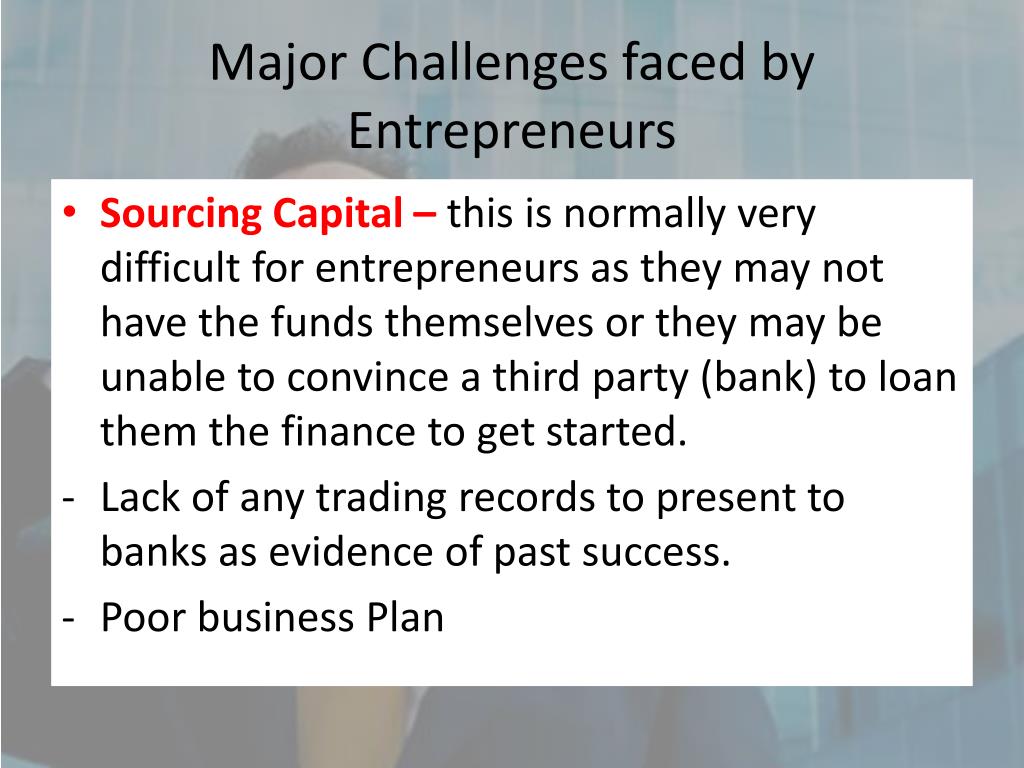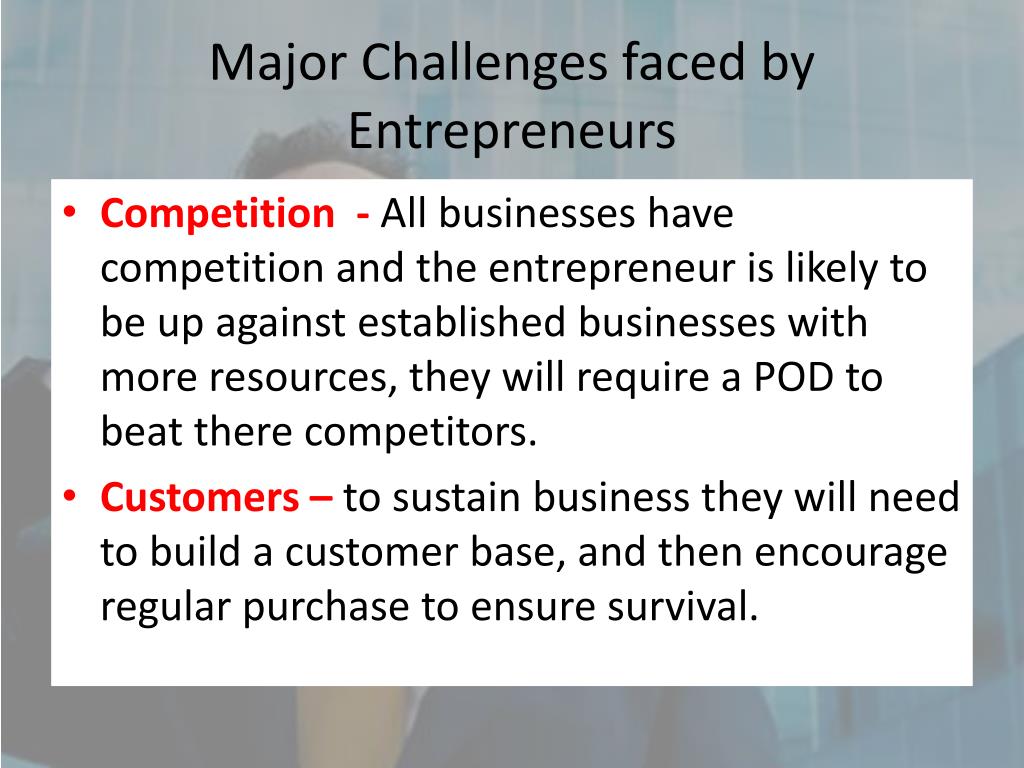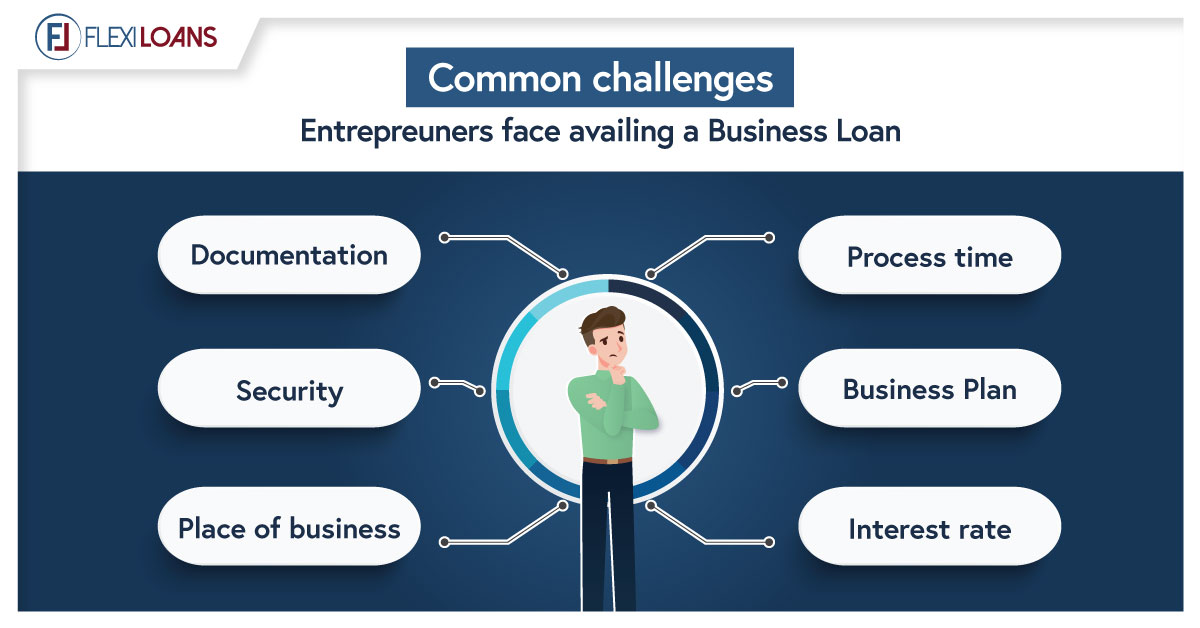Major Challenges Faced By Entrepreneurs
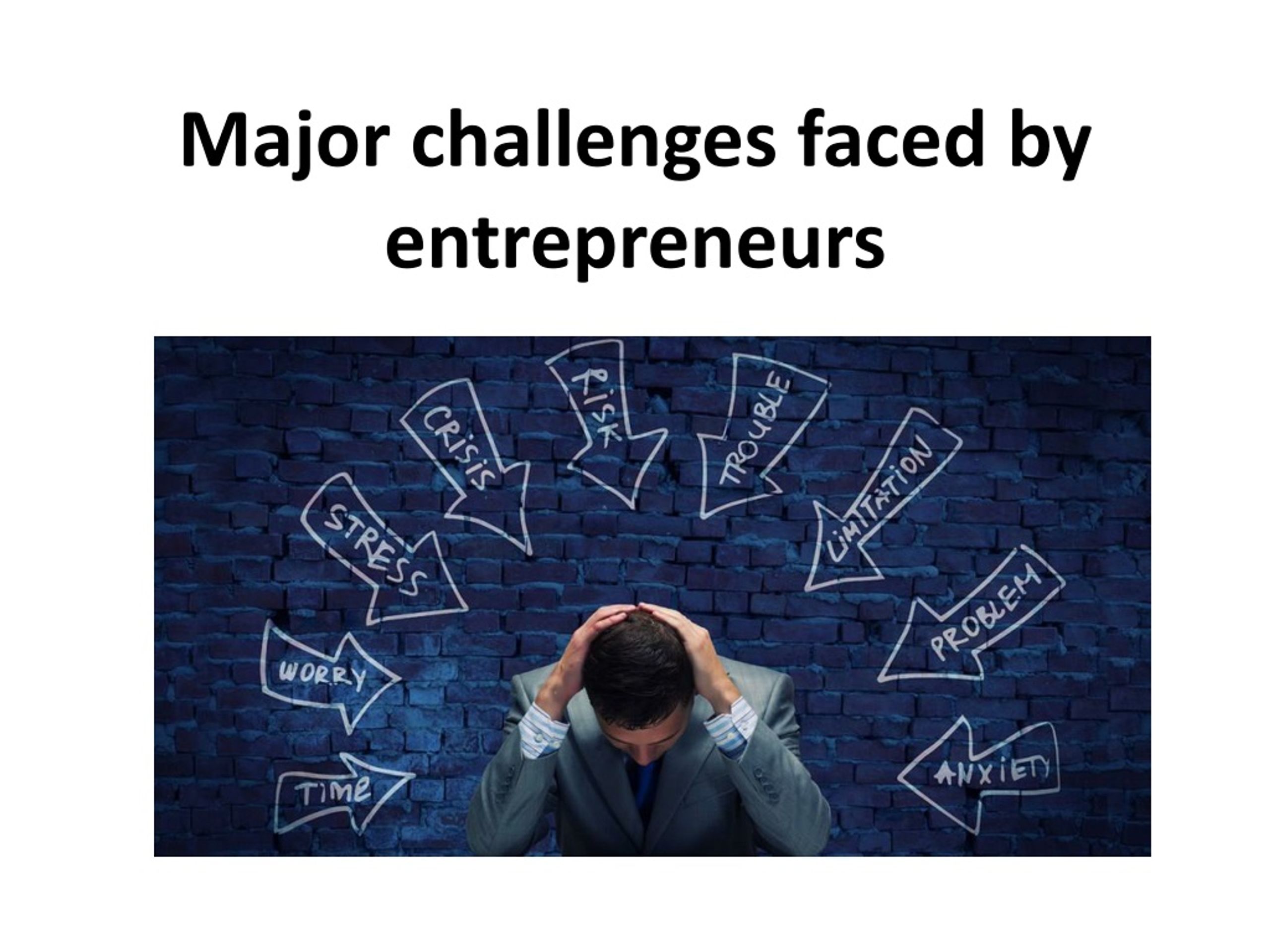
The entrepreneurial landscape, often romanticized as a path to independence and wealth, is fraught with challenges that can make or break even the most innovative ventures. From securing funding in a volatile market to navigating complex regulations and attracting top talent, aspiring business owners face a gauntlet of hurdles. Understanding these major obstacles is crucial for anyone considering embarking on the entrepreneurial journey and for policymakers seeking to foster a supportive ecosystem.
This article delves into the primary difficulties encountered by entrepreneurs, drawing on expert opinions and recent data to provide a comprehensive overview. We examine the current economic climate and its impact on startups, the evolving regulatory landscape, and the ongoing war for talent. Furthermore, we explore the psychological toll that entrepreneurship can take and the strategies entrepreneurs are using to overcome these pervasive issues.
Funding: The Lifeblood of Startups
Securing adequate funding remains a perennial challenge for entrepreneurs. According to a recent report by the Small Business Administration (SBA), access to capital is consistently cited as a top concern among small business owners. The current economic uncertainty, marked by rising interest rates and concerns of a recession, has further tightened lending standards.
Venture capital firms are also becoming more selective, focusing on established companies with proven track records rather than early-stage startups. This shift in investor sentiment leaves many aspiring entrepreneurs struggling to secure the necessary capital to launch or scale their businesses. Many are turning to alternative funding sources like crowdfunding and angel investors.
Navigating the Regulatory Maze
Compliance with regulations presents another significant hurdle. Entrepreneurs, especially those in highly regulated industries like healthcare and finance, often find themselves overwhelmed by the sheer volume and complexity of rules and procedures. These regulations can be costly and time-consuming, diverting resources away from core business activities.
Small businesses often lack the resources to hire dedicated compliance officers, making it difficult to stay abreast of changing regulations. The U.S. Chamber of Commerce has long advocated for regulatory reform to ease the burden on small businesses. State and local regulations add another layer of complexity, particularly for businesses operating across multiple jurisdictions.
The Talent Acquisition and Retention Crisis
Attracting and retaining skilled employees is a persistent challenge. The competition for talent is fierce, particularly in high-growth sectors like technology and artificial intelligence. Startups often struggle to compete with the salaries and benefits offered by larger, more established companies.
Beyond compensation, entrepreneurs must also cultivate a positive and engaging work environment to attract and retain top talent. This includes offering opportunities for professional development, fostering a culture of innovation, and promoting a healthy work-life balance. Richard Branson, founder of the Virgin Group, famously stated, "Take care of your employees and they will take care of your business."
The Psychological Toll of Entrepreneurship
The entrepreneurial journey is often isolating and stressful. Entrepreneurs face immense pressure to succeed, often working long hours and making significant personal sacrifices. This can lead to burnout, anxiety, and depression.
The National Institute of Mental Health (NIMH) has conducted research indicating that entrepreneurs are more likely to experience mental health challenges compared to the general population. Seeking support from mentors, joining peer groups, and prioritizing self-care are crucial for mitigating the psychological risks of entrepreneurship.
Looking Ahead
While the challenges facing entrepreneurs are substantial, they are not insurmountable. By understanding these obstacles and developing strategies to overcome them, aspiring business owners can increase their chances of success. Furthermore, policymakers can play a vital role in fostering a supportive entrepreneurial ecosystem through targeted initiatives such as streamlined regulations and access to funding programs.
The future of innovation and economic growth depends on the success of entrepreneurs. Addressing these challenges head-on is essential for unlocking their full potential. As Peter Drucker, the renowned management consultant, once said: "The best way to predict the future is to create it."

